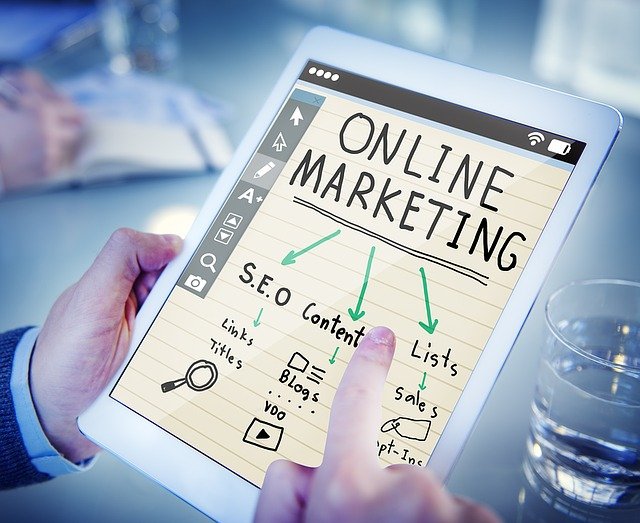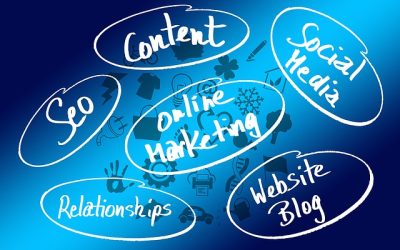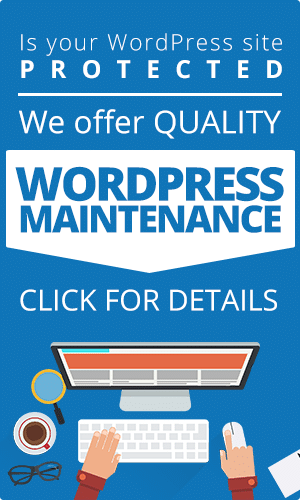Business to consumer marketing involves targeting individuals when selling products and services, as opposed to other corporate entities and suppliers.
However, more finesse is required here than the startups of today might expect. After all, late last year it was predicted that 2021 would herald more marketing texts and emails than ever before, a trend sent surging by the desperate times of the coronavirus pandemic. Newer businesses may have less awareness of what they are getting into now than ever before, so it is important that they adapt their marketing strategies to meet the needs of the times they are in as comfortably as possible.
After the jump, you will find 4 B2C marketing strategies that your startup should implement at your earliest convenience.
Use Automation Technologies
In a B2C marketing context, automation is a great tool to use that may help your startup both attract and retain customers. It may also help you to improve other aspects of your venture like getting 1000 followers in a short period of time and many more things can be acquired easily.
The customer journey needs to be effortless online, quick on the conversions on account of a slower sales cycle. This makes B2C marketing automation an essential component of any outreach initiative. You will be able to group contacts on any targeting criteria you set, closely monitor how they interact with your campaigns, and integrate your ecommerce venture with the software so you can record purchase histories and tailor your ads and content accordingly.
Some startups may make the mistake of presuming that automation technology is a self-running software only. However, it can also provide insightful access into a high volume of important data, so its use in your B2C marketing strategies is vital.
Prioritize Relatable Initiatives
While B2B marketing can lean more into the formal and jargon-filled side of things, B2C marketing should perhaps try to engage their customers in a more ‘human’ fashion.
You may be able to evoke a stronger reaction to your marketing by infusing your efforts with empathy and care. This is what Forbes refer to as ‘emotional marketing’, whereby ads are specifically tailored to illicit an emotional response in the viewer. Tapping into the social or pandemic-related contemporary issues could help your materials resonate far more effectively on a profound, relatable level.
Great B2C marketing focuses on what your startup can do for the customer, whereas B2B efforts may focus in on a more mutually beneficial relationship. Therefore, you should try keep your consumers needs central to all your campaigns, and never lose focus of that singular goal. Once they feel like you are speaking to directly to them, customer attraction and retention should follow.
Utilize Social Media Influencers
Social media has always been a useful marketing tool, giving startup services a crucial platform across the likes of Facebook, Twitter, and Instagram.
However, certain users on there can do more for your startup than a single tweet or post from you ever likely could, at the beginning. These high profile social media users are referred to as influencers, who have their own pre-established audience ready to listen attentively about what it is that you do. After all, because influencers engage with their fans on a personal level everyday over the span of years, they have already put the busy work in by building a steady report with their fans overtime and accumulating trust and goodwill.
If they can somehow ‘shout out’ your firm, you could stand to gain greater exposure for your startup than you could elsewhere. While you may pin your hopes on creating a viral post of your very own, unfortunately luck as well as talent plays its part too. That is unless you consult the services of an influencer, who can tout your offerings to potentially millions of people instantaneously.
Upgrade Point of Purchase Marketing
Point of purchase marketing refers to carefully arranging products in-store for optimum marketing efficiency.
The way your products are organized may even influence whether a customer is willing to purchase something extra, rather than stick to the limited quantity of items they have on their persons already. For example, you could group seasonal items together to encourage more spending, place phone accessories near mobile phones, or make sure small, packable travel goods are grouped in a specific part of your store.
This creates an air of greater rationalization, because if a customer has one thing already, then why not another? Should business pickup and you experience greater traffic and ques in-store, then perhaps some additional point of purchase marketing can keep customers interested as they wait for the line to move or diminish?
Point of purchase marketing is subtle and meticulous, designed to convert passive browsers of products and services into active, spending consumers. If your start-up has any type of brick-and-mortar component to it, then being smart in your store’s layout can be a terrific a marketing boon that will increase sales exponentially.
Need help with your marketing strategy? Our affordable SEO services could be the perfect solution for you!






